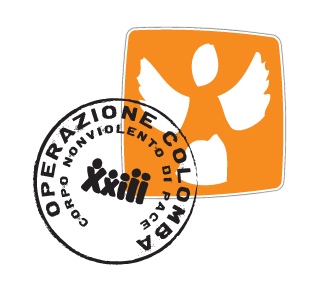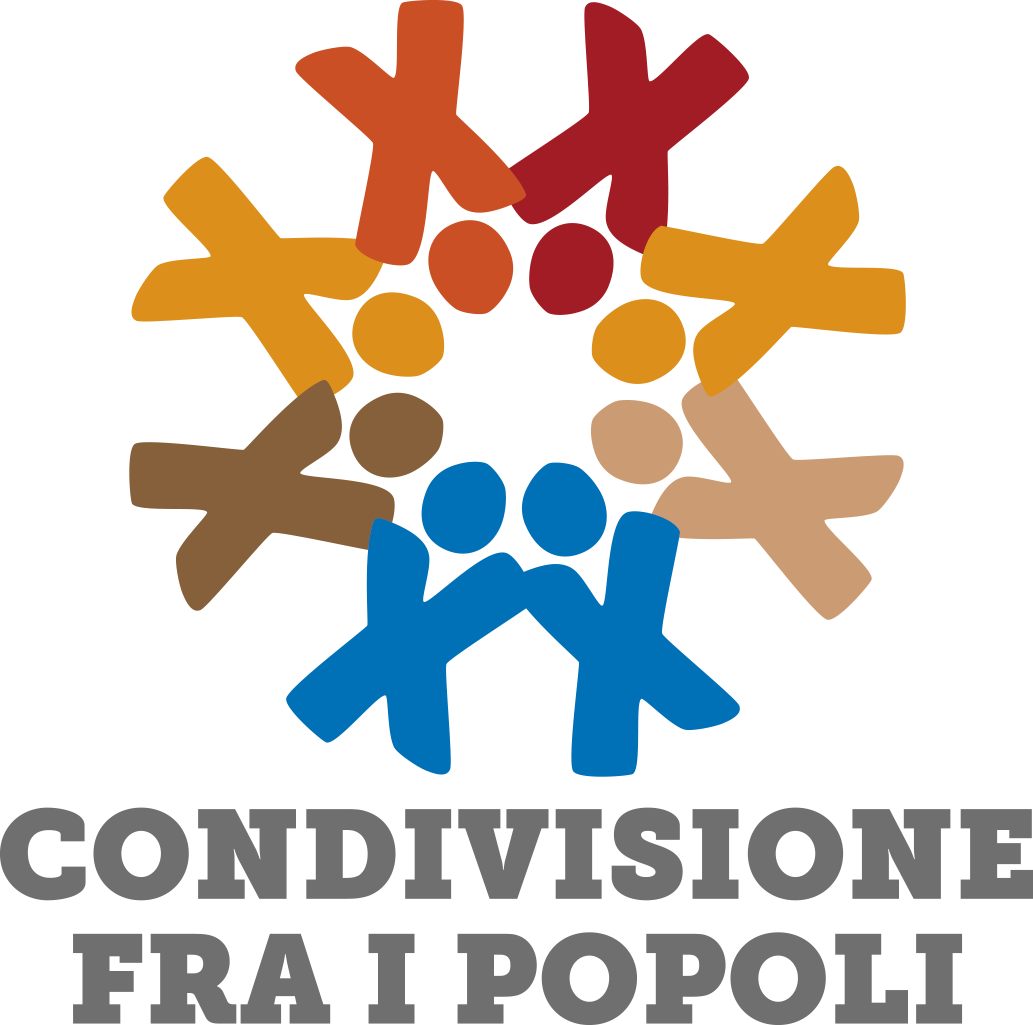During this quarantine, we have all been going through a difficult time of worries and concerns about our families and our future in the workplace and in the social sphere. Many people went into mourning for the loss of one of their loved ones, robbing many families of the chance to say a final goodbye. It is very painful to find out this powerlessness for ourselves when dignity, affections and economic security are being taken away from us. We felt close to each other, empathic and heroic because everyone had had the same fate. Or, as Pope Francis put it, ‘in the middle of the storm, we are all on the same boat’.
Yet we are very much aware that in our country boats are not all the same: some people are going through all this on a raft. This is why those who could tried to help people living with great difficulties during the quarantine. At the same time we are aware of what this additional huge burden has caused in areas where people were already experiencing precariousness, violence, war, injustice, and hunger. Yet no one has been hearing anything from them.
Before the pandemic arrived these people were only obstacles and problems, but now they are not even that, they have vanished: the poor, the displaced, migrants at the borders and in the boats have suddenly disappeared from the news because we suddenly have something else to think about.
The pandemic is affecting every one of us yet the “war” is not. This is how many people describe this time of our life: "a war". In short, we have no escape: if in other conflicts peace was reached with an agreement between the parties, to this pandemic there is only one solution, that is to defeat the invisible enemy with whom you cannot sit at a table and who is not open to negotiation. This is the logic of several political solutions, including those concerning migration and economic issues. It then makes sense how all those "categories" of the latter who no longer have faces or names have become invisible. They have been attacking our “skin” and territorial borders and will have to be defeated somehow. We do not dialogue with the invisible.
Pain is sacred and it cannot be weighed, that's for certain. Yet I wonder if these current thoughts and speeches that have been flowing like rivers in full after this tragedy about caring for the environment, the need for a change of lifestyle, the discovery of a sacred human-nature relationship don’t sound hypocritical: we have suddenly reached the bottom, ignoring thousands of warning signs, and now we are willing to put a band-aid on an amputated limb.
Through the experience, the stories, and the writings of many Operazione Colomba’s volunteers a voice has been given to the lives of thousands of victims of unprecedented violence and unfair economic policies. We are talking about humble people who are often persecuted or killed for having claimed the right to life, land or bread.
To live in tents as a displaced person, to run away with your clothes in rags and your children clinging to your back after an armed group has broken into your village, to see companies turn biodiversity into memories and workers into slaves, to know that millions of human beings don’t have enough food or water to survive, not because of a chemical virus but because of individualistic, selfish, corrupted and neoliberal policies. Hadn't all this already caused a "pandemic" of absolute violation of Human Rights? Yet in the face of so much violence, more people have turned their backs or closed their eyes rather than questioning wrong and deadly systems.
The whole world saw the pictures of red drapes hanging out the windows of family homes in Colombia, an attempt to show that the quarantine left them with no more food to eat. There should be millions of those drapes not only all over Colombia but also in many other Latin American, African, and Asian countries as reminders of structural violence, murders of Human Rights and environmental defenders and all those who claim a piece of land to live on.
Recently I was touched by the words of a Filipino girl. She said she wanted to follow in her father’s footsteps, killed as a consequence of land reclamation between him and a multinational company: “The owners of this plantation should be merciful to us as we own nothing compared to everything they have."
I would like to hang a red drape out our windows for every time our choices have made us complicit in these deaths. If our conscience can’t take it, we could at least hang them in solidarity with those who suffer from hunger and get killed in unjust wars decided on papers and not by invisible chemical molecules. I would suggest we hang those drapes next to our Italian flag, or close to those banners reading “everything will be fine", because if the pandemic is affecting everyone then a happy ending is something everyone deserves.
M.


 OPERAZIONE COLOMBA
OPERAZIONE COLOMBA
